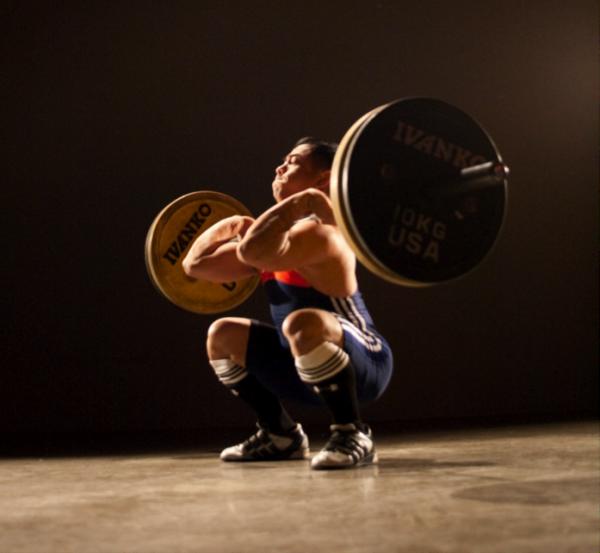(As previously published in the Merrimack Journal)
“Well, yes… I like to lift weights. Thank you for noticing. What do you like to do?”
Yoga. Tai Chi. Weight Training. At first, these activities may seem unrelated, but, in fact, they are very much alike. When we break these forms of exercise down to their basic elements of posture and movement, many similarities become clear.
 YOGA
YOGA
The postures that you do in yoga are actually a series of stretches, and by doing these regularly and trying to stretch just a little bit further each workout, you will soon find that you are much more flexible than ever before. And with the improved flexibility comes improved balance and posture. We are all born with flexibility, and lose it throughout the years. Yoga can keep that from happening and will help you to maintain healthy muscles and joints. Many senior citizens find that when they practice yoga, they feel less pain in their joints and are able to move around much better. Yes, yoga is being practiced by more and more seniors every day, so if they can do it, so can you. Yoga is an exercise for everyone, and one that is going to improve the overall health of all who practice it.
 TAI CHI
TAI CHI
If you’re looking for another way to reduce stress, consider tai chi (TIE-chee). Tai chi is sometimes described as “meditation in motion” because it promotes serenity through gentle movements — connecting the mind and body. Originally developed in ancient China for self-defense, tai chi evolved into a graceful form of exercise that’s now used for stress reduction and to help with a variety of other health conditions.
Tai chi, also called tai chi chuan, is a noncompetitive, self-paced system of gentle physical exercise and stretching. To do tai chi, you perform a series of postures or movements in a slow, graceful manner. Each posture flows into the next without pause, ensuring that your body is in constant motion.
 WEIGHT TRAINING
WEIGHT TRAINING
Like Yoga and Tai Chi, there are many different types of Weight Training. Relying primarily on the use of dumbbell and barbells, Free Weight Training is the purest form of this type of exercise. A relatively new discipline popularized mainly in the United States, Free Weight Training employs a substantial variety of “exercises” grouped, organized, and programmed based on which muscle group(s) are being “worked out”. A “weight trainee” performs exercises for the specific muscle groups he/she would like to target for a pre-determined number of repetitions and sets corresponding with specific, preconceived goals. For example, a weight trainee interested in rehabilitation, and restoration of pain-free mobility, will concentrate a large portion of the work in his/her “training routine” on performing sets that include enough repetitions for the duration of the set to last a minimum of 40 seconds (with a maximum of 70 seconds).
In Yoga, Tai Chi, and Free Weight Training, proper posture and specific movement is critical to mastering the discipline and achieving significant results. Yoga and Tai-Chi are elegant in their similar approaches of utilizing only bodyweight and position to deliver a effective training effect. Free Weight Training employs the use of specialized implements (dumbbells, barbells, kettle bells, safety squat bars, etc) and adds the variable of selecting the magnitude of the resistance, making it even more sophisticated in its art and execution.
A proper introduction to Yoga, Tai-Chi, or Free Weight Training is critical to your success in any one of those endeavors.
Find a good teacher.
BIBLIOGRAPHY
http://www.mayoclinic.com/health/tai-chi/SA00087
http://www.healthmango.com/want-increased-flexibility-and-improved-muscle-tone-try-yoga.html
 Copyright secured by Digiprove © 2016
Copyright secured by Digiprove © 2016
One thought on “Posture and Movement”
Comments are closed.